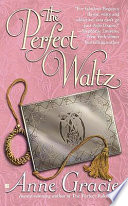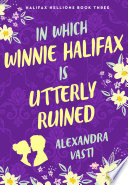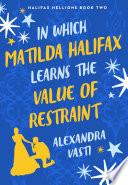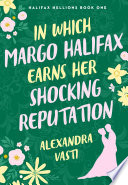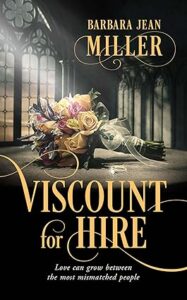I am a bit of an etymology buff. Words are like a comfort food for me–and semantics a deliciously warm bubble bath.
So in this new year, I have decided to start yet another new category of Regency history.
A word (or expression) of the week broken down into contemporary speak.
So please leave comments and suggestions about words you would like to see vivisected on this tableau.
This week’s word: dudgeon: [duhj-uh n] –noun a feeling of offense or resentment; anger: After Brummel insulted her coiffure, Lady Jersey left in high dudgeon. Origin: 1565–75
n] –noun a feeling of offense or resentment; anger: After Brummel insulted her coiffure, Lady Jersey left in high dudgeon. Origin: 1565–75
dudg·eon 2 n.
2. Archaic
- Other sources say:
- 1570s, duggin, of unknown origin. One suggestion is It. aduggiare “to overshadow,” giving it the same sense development as umbrage. No clear connection to earlier dudgeon (late 14c.), a kind of wood used for knife handles, which is perhaps from a French word.
Also (Richard, ABC wordwatch):
“one of the suggestions that some linguists make is that “dudgeon” might derive from a Welsh word meaning malice or resentment. ”
contemporary version: p.o.’d., ticked off, steaming mad


